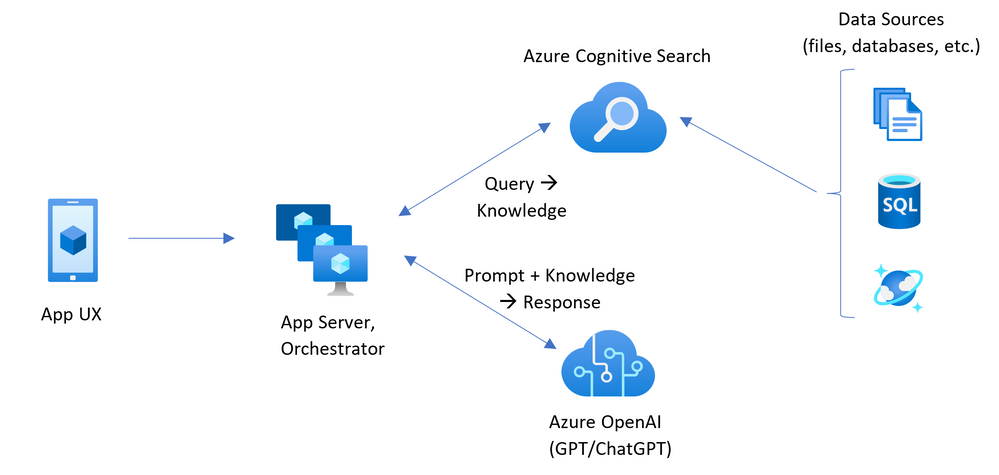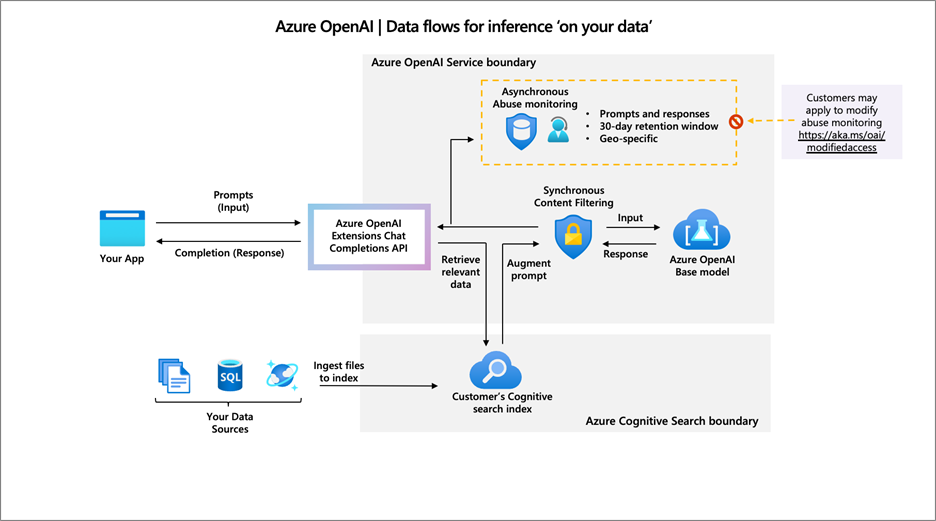This article provides comprehensive details about how data provided by users to Particlesy, a SaaS company that utilizes Azure OpenAI, is processed, used, and stored. Particlesy integrates Azure OpenAI to offer advanced language processing capabilities to its users. This article outlines the data privacy measures and practices implemented by Particlesy to ensure the security and confidentiality of user data.
–
Data Privacy and Usage at Particlesy
At Particlesy, we value the privacy and security of our users’ data. The following principles govern the data provided by our users:
a. User Data Confidentiality: Any prompts (inputs), completions (outputs), embeddings, and training data submitted by users to Particlesy are treated as highly confidential and are strictly accessible only to the particle host.
b. Data Protection: Particlesy does not share user data with other customers, OpenAI, or any third-party entity. Additionally, we do not use user data to improve OpenAI models, other products, or services.
c. Stateless Models: The Azure OpenAI models used by Particlesy are stateless, meaning they do not store any prompts or generated content within the models. The data provided by users is not utilized to train, retrain, or enhance the base models.
–
Types of Processed Data
As part of the language processing capabilities offered by Particlesy, the following types of data are processed:
a. User Prompts and Generated Content: Users provide prompts, and Particlesy generates content through completions, chat completions, images, and embeddings operations based on those prompts.
b. Augmented Data: Particlesy’s platform includes an “on your data” feature, allowing users to connect their data sources to augment prompts and ground the generated results with their own data.

–
How Data is Processed by Particlesy
The processing of user data is accomplished through the following scenarios:
a. Content Generation: Particlesy deploys stateless models on the Azure platform, which process user prompts in real-time to generate responses while ensuring content filtering to prevent harmful or inappropriate content.
b. Data Augmentation: When users employ the “on your data” feature, relevant data is retrieved from their connected data sources, and Particlesy’s platform augments the prompts with this data before generating content.
c. Custom Model Creation: Users have the option to upload their own training data to fine-tune an OpenAI model, which is securely stored within the Particlesy platform and available exclusively for their use.
–
Ensuring Data Security and Compliance
To protect user data and ensure compliance with relevant regulations, Particlesy implements the following measures:
a. Data Encryption: All user data stored in the Particlesy platform, including fine-tuned models and training data, can be double encrypted at rest using Microsoft’s AES-256 encryption and optionally with a customer-managed key.
b. Abuse Monitoring: To prevent potential misuse, Particlesy employs content filtering and abuse monitoring features, ensuring that any harmful content or abusive behavior is promptly detected and mitigated.
Conclusion
Particlesy is committed to safeguarding user data, maintaining data privacy, and providing a secure environment for language processing tasks. The integration of Azure OpenAI enables us to deliver advanced language capabilities while ensuring that user data remains confidential and used exclusively for their benefit.

